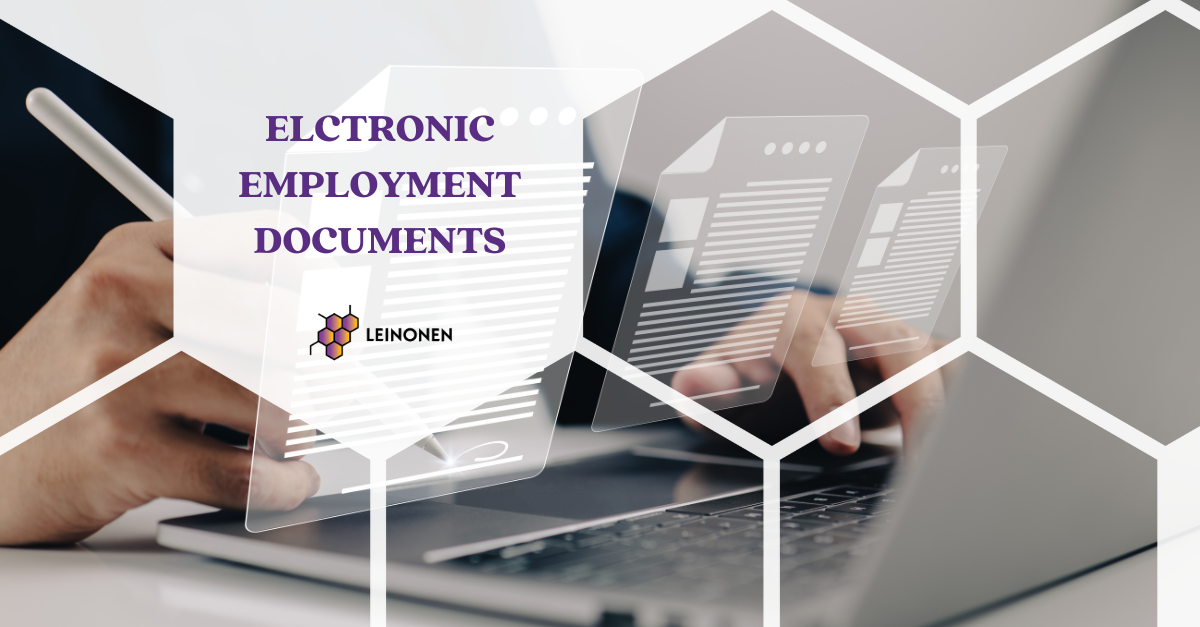The employer has the obligation to crate employee’s file when employment relations start and store the documents related to the beginning, existence, amendment, and termination of the employment relationship.
Pursuant to Art. 128b, para. 3 of the Labor Code (LC) with Decree No. 71 of May 10, 2018 of the Council of Ministers, an Ordinance was adopted on the type and requirements for the creation and storage of electronic documents in the labor file of the employee (the Ordinance).
The Ordinance regulates:
- the type of electronic documents that can be part of an employee’s file;
- the requirements for the creation and exchange of electronic documents between the employee and the employer, as well as the certification of its delivery (trusted e-delivery system);
- the requirements for the storage of electronic employment documents.
It should be emphasized that an option for digital employment records is legally ensured however, possibility to create and store employment documents on paper continues to exist.
In the Internal Rules, the employer must define:
- the type of documents that are created and stored as electronic documents;
- the type of electronic signature used by employees.
The costs for the construction, maintenance, and use of an information system for electronic employment documents are at the expense of the employer (Article 2, Paragraph 2 of the Ordinance).
The formal and explicit consent of the employee for the exchange of electronic employment documents between the parties is a must.
As a minimum, a system for electronic employment documents must include the following functionalities:
- Ensured data protection (encrypted environment and multi-factor authentication (MFA))
- Remote elctronic identification of signatories (employer and employees).
- Singing of documents by employer with QES (qualified electronic signature) and by employee’s side with Universal or Basic electronic signature type.
- Integrated Electronic registered mail according to the eIDAS Regulation*.
- Constant access of all employees to the electronic platform and his/her file with documents. Acceses must be ensured after termination of employment relations as well.
- All costs are covered by employer.
*Pursuant to § 1, Item 5 of the Additional Provision of the Ordinance “electronic registered mail service” is the concept defined in Art. 3, item 36 of Regulation (EU) No. 910/2014 of the European Parliament and of the Council of 23 July 2014 on electronic identification and authentication services in electronic transactions on the internal market and on the repeal of Directive 1999/93/EC.





